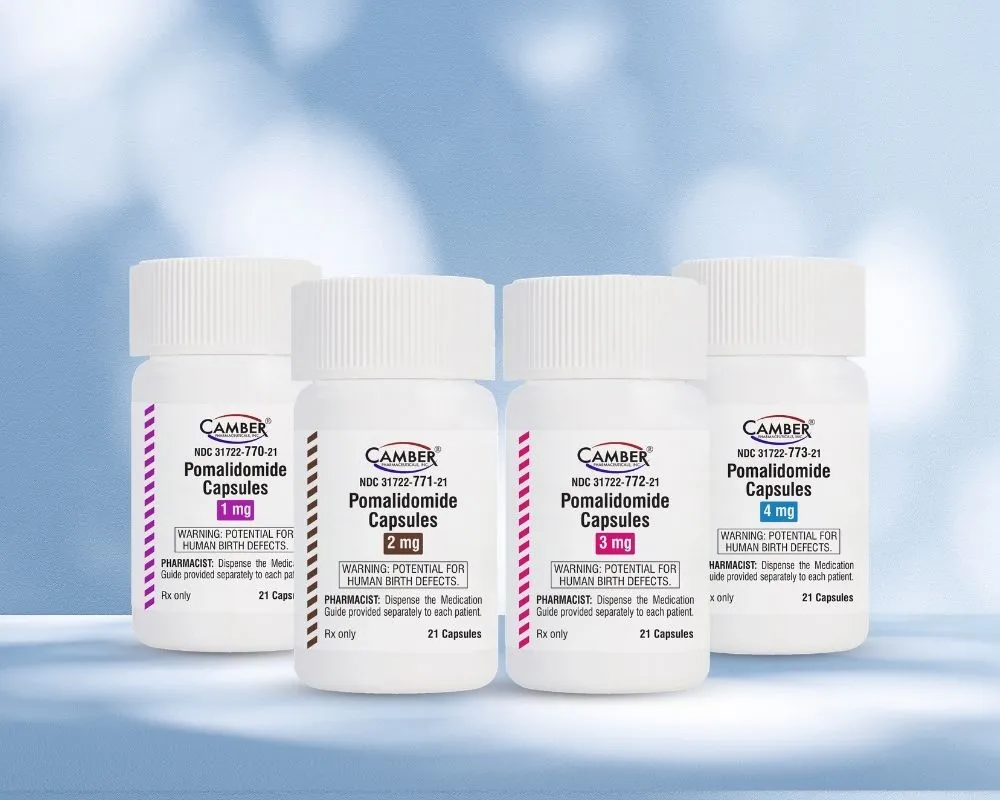WASHINGTON — Higher co-pays could result in an increase of over $1 billion in federal spending for medical services, warn the National Association of Chain Drug Stores and the National Community Pharmacists Association.
In a recent letter to the chairmen and ranking members of the House Armed Services Committee and the Senate Armed Services Committee, NACDS and NCPA reiterated concerns about the impact co-pay increases could have on Tricare beneficiaries.
NACDS and NCPA said in their letter that when the Congressional Budget Office reviewed the Senate version of the fiscal 2016 National Defense Authorization Act (NDAA), it found that “co-pay increases would result in an increase of more than $1 billion in federal spending for medical services, particularly in Medicare.”
In addition, the letter stated that the proposed co-pay increases in the Senate version of the fiscal 2017 NDAA “would double, and in some cases nearly triple, the amount of money a Tricare beneficiary would be required to pay out of pocket to get their prescriptions filled.”
The trade organizations urged the conferees to protect Tricare beneficiary access to prescription medications by adopting the House position, which does not include an increase in pharmacy co-pays.
NACDS and NCPA noted in the letter that Tricare patients are already worried about gaining access to the services they need, and cited a report from the Military Compensation and Retirement Modernization Commission that emphasized how important it is for Tricare beneficiaries to have choice and access to care, and recommended policies “that would engender access to those essential parts of the military health care system.”
In the letter, NACDS and NCPA pointed out that co-pay increases put greater burdens on Tricare patients and “unfairly penalize Tricare beneficiaries who prefer to use local pharmacies.” The increases also carry unintended consequences, which occur when patients do not adhere to their medication regimen, they said.






